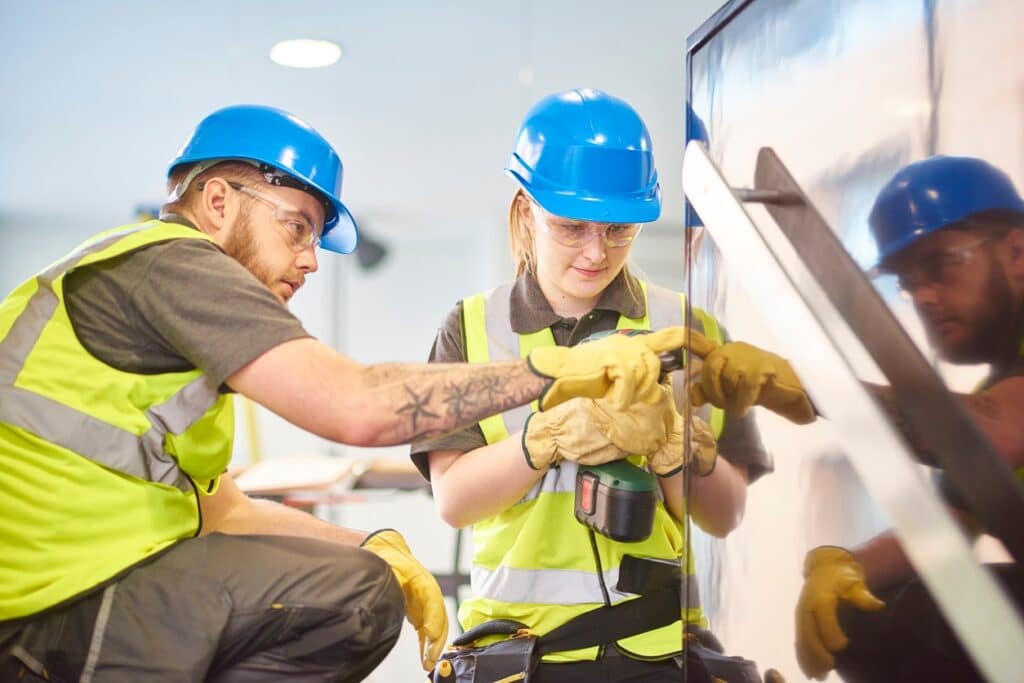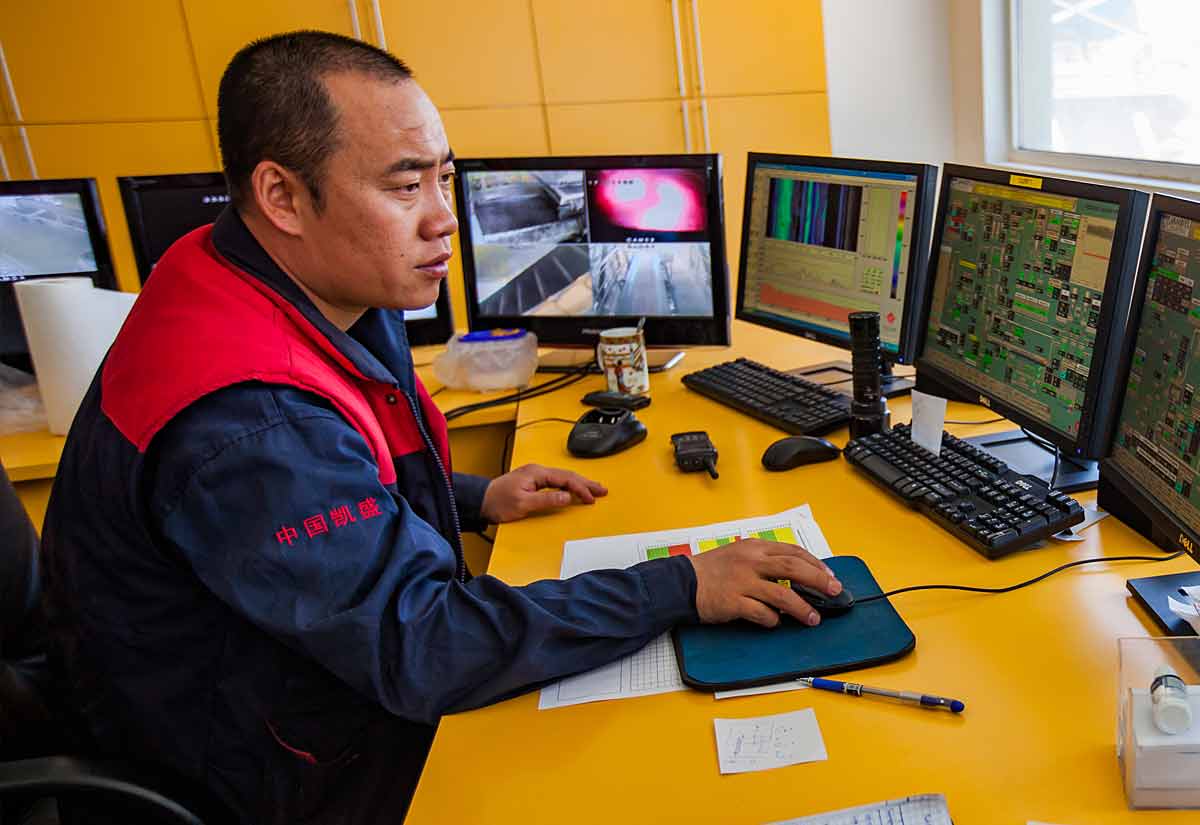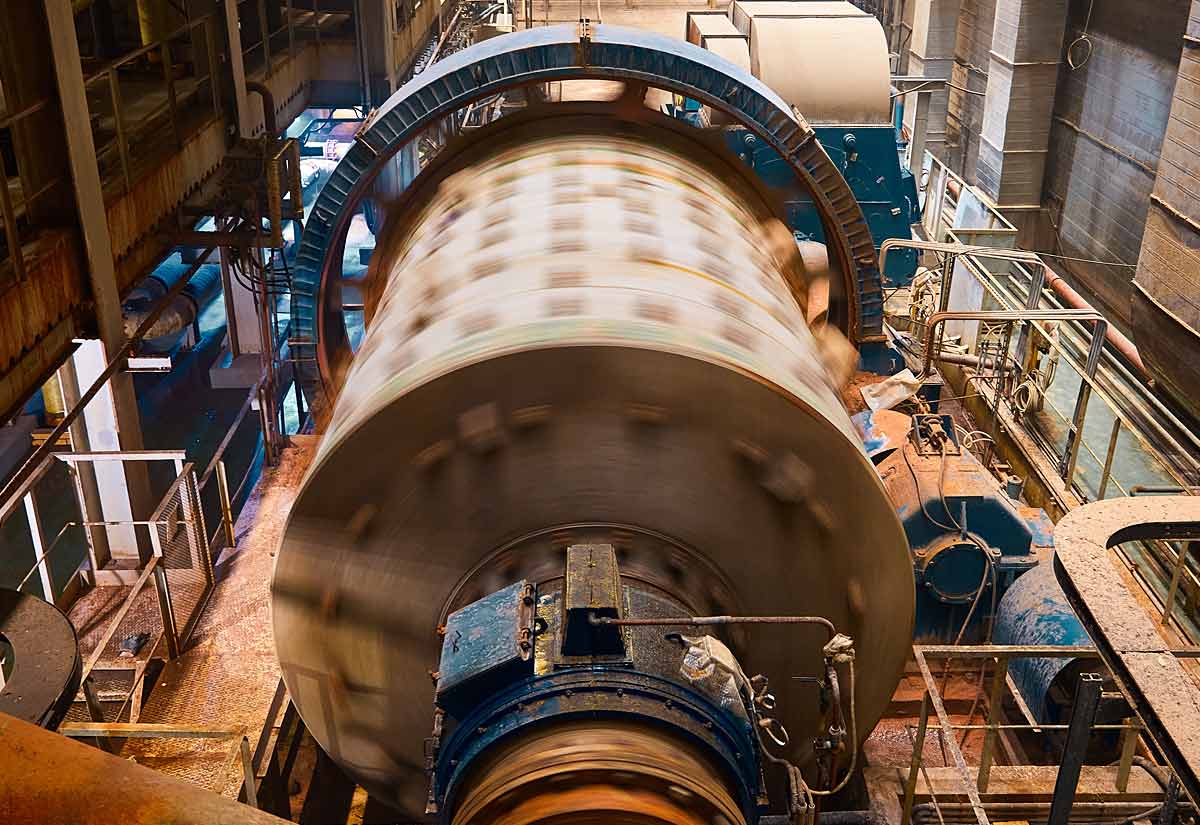A company is as strong as its employees. Leadership is important, but a committed, talented team is what truly leads to success. If you, as the employer, have to spend all your time managing turnover and correcting employee mistakes, you won’t have the resources to take your company where you want it to go.
Certainly, you have to recruit the right people for your construction, engineering, or mining company: workers who have the skills and fit with your company culture.
But bringing them on isn’t enough. In December 2017 alone, seasonally adjusted data indicates the mining industry saw 36,000 turnovers, while the construction industry dealt with 306,000.
These turnovers cost time and money. To prevent it, you have to nurture your new talent to help them grow to become true assets to your company.
One way of doing this is through a mentorship program.
What is Mentorship?
A mentorship program is a way to help new construction, mining, and engineering employees get up to speed with the details of the job.
In fact, the primary objective of mentorship is to aid in the developing of specific skills and knowledge that will enhance the less-experienced person’s professional and personal growth (Source: Management Mentors). As a result of mentoring younger employees, they can accelerate quickly in their role, creating success for themselves and the company as a whole.
Mentors are not necessarily supervisors, although they could be one. These roles, however, are usually reserved for those who have extensive knowledge in the area and can guide and coach a new worker towards learning the ropes of the job.
The Benefits of Mentoring Younger Employees
A mentorship program has many benefits for your new employees:
- Reduced Job Stress: Mentors can help new employees learn about the job and company culture, which leads to peace of mind.
- Stronger Technical Skills: An engineering degree doesn’t mean the person knows everything about engineering or has all the practical skills required to do the new job. Mentors help new employees develop these skills.
- Industry Knowledge: A degree is only the beginning. True industry knowledge comes from being involved in the industry, and a seasoned professional can share that with a new employee. This includes best practices, equipment knowledge (what you use in your company and what else is available), project management, government regulations, and more.
- Greater Efficiency: New employees are able to learn their jobs more quickly via mentorship, which boosts productivity.
- Improved Morale: Mentorship creates an attitude and atmosphere of teamwork. People are willing to help each other for the greater good of the company.
- Leadership Skills: Mentors lead by example, helping turn new employees into the company’s future leaders.
Forbes adds that much of mentorship is simply a matter of modeling the standards, methods, work ethic, and attitude you want your new employees to learn. Mentors encourage the new team members as they teach them how to best perform their duties.
Because of this, mentorship is cost-effective. There’s no need to hire a trainer; your seasoned employees have all the knowledge your new employees need. They’re able to share that knowledge within the hours they’re already working. It’s a small demand on your current employees, and provides an opportunity to more quickly assimilate the new employees into your company culture.
In fact, the 100 best companies to work for attract and retain top talent in part because of mentorship programs:
“Mentoring is one of the most effective strategies as a standalone program or as part of an existing workforce development program.”
Companies like Boeing, General Electric, and Caterpillar are all recognized as having great mentorship programs.
Also, the 21st Annual Global CEO Survey indicated that many CEOs are concerned about finding employees with key skills and 39% of them are investing in continuous learning initiatives to develop those skills and help reduce turnover. Mentorship can be one of those initiatives.
Who Can Be a Mentor?
Your best workers are perfect candidates for mentoring younger employees. They’re engaged, dedicated, and talented: exactly the qualities you want your new hires to have. Furthermore, it gives older, more experienced workers a fresh look at their current job.
A study adds that in the construction industry, communication, sharing knowledge, and correcting mistakes (or offering constructive negative feedback) are all essential elements of your mentorship program. Therefore, you will want to choose mentors who are able to offer those benefits with confidence.
There are resources to help you start a mentorship program. The structure will vary from company to company based on your needs, but it basically comes down to determining your objectives and choosing the mentors who can help you achieve them.
Hire the Best and Mentor to Success
Mentoring younger employees will have a positive impact on your company’s overall culture, goals, and bottom line. As you recruit qualified candidates, invest in your new workers by leveraging your top employees as mentors. You’ll build a strong team while creating a collaborative environment that fosters success.
At Resource Erectors, we excel at hiring the the best in construction, mining, and engineering. Reach out to us to schedule a free consultation and discover how we deliver top talent to your company to help you build a strong, competitive team.











